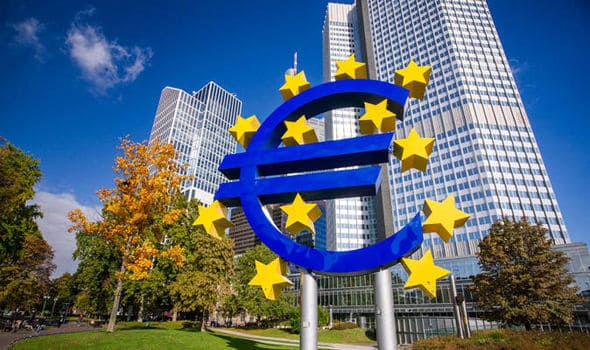Join Our Telegram channel to stay up to date on breaking news coverage
European countries are restricting the operation of stablecoins in the region until the regulatory oversight challenges in the region have been addressed. The European countries, namely, Italy, France, Germany, and the Netherlands, have agreed that the stablecoins will not be allowed to operate until they meet certain regulatory standards for security reasons.
Stablecoins is a type of cryptocurrency usually supported by traditional assets. They came into recognition by policymakers last year after Facebook’s Libra token was unveiled.
Five EU nations back EU Commission goals on stablecoins
Based on a signed draft joint statement, the five European countries backed the goal of the European Commission today to set up regulatory procedures for asset-backed cryptocurrencies like stablecoins.
Initially, Facebook’s plan was to back Libra by a wide mixture of government debts and currencies. However, financial regulators and central banks could erode user privacy, facilitate money laundering, and destabilize monetary policy using the token, as some financial experts have predicted.
Some governments have threatened to block its emergence, and the Libra has not seen the light of the day. There have been a series of reshipment and delays, which has hampered any meaningful take-off plan for the project.
Now, European governments are thinking towards the same line with stablecoins as they did Libra. They are afraid that the lack of a strong regulatory process on stablecoin could cause serious issues for those looking to combat money laundering.
Certain issues need to be addressed
The statement reads that the EU’s regulatory framework for stablecoins has to address risks to monetary policy, protect consumers, and preserve the monetary sovereignty of the bloc
All stablecoins should be pledged at a 1:1 ratio with fiat money, and the reserve assets in euro denomination or other currencies of member states of the European Union, and deposited in a recognized institution approved by the members, the statement continues.
Also, all entities that operate a stablecoin or related stablecoin scheme should be dully registered in the EU to operate. This move will have a significant impact on the Libra Association, a Geneva-based body responsible for issuing and governing the use and distribution of Libra.
According to the released statement, the member countries are closely monitoring the development and looking forward to the EU’s proposal on the regulation of crypto assets later this month.
With this development, it means stablecoin vendors looking to establish operations in the affected countries would need to hold on until the regulations have been addressed.
Join Our Telegram channel to stay up to date on breaking news coverage



